China and New Zealand agreed on Thursday to commence trade in services negotiations based on a negative list approach, as part of efforts to enhance their comprehensive strategic partnership.
The decision was made when Premier Li Qiang held talks with New Zealand Prime Minister Christopher Luxon in Wellington, following his arrival in the country's capital for an official visit.
The agreement on the trade in services negotiations is part of the Protocol to Upgrade the China-New Zealand Free Trade Agreement, which took effect on April 7, 2022.
Under the negative list approach, parties involved commit to provide market access except in those areas where restrictions are listed in services schedules.
Both leaders witnessed the signing of a number of documents that will support closer cooperation in areas of shared interest, such as trade facilitation, business environment optimization, exports of agricultural products to China, science and technology, patent examination and migratory birds protection. They also jointly met the media.
A joint statement of outcomes of the China-New Zealand leaders' meeting was issued on Thursday.
During their talks, Li and Luxon expressed their satisfaction with the achievements in the development of China-New Zealand relations.
They pledged to view and handle bilateral relations from a strategic and long-term perspective, expand bilateral trade and investment cooperation, deepen people-to-people exchanges, and jointly uphold multilateralism and free trade, in order to promote the continuous, healthy and stable development of China-New Zealand relations.
Li said the development of China and New Zealand presents opportunities, rather than challenges, for each other.
He underscored the need for both countries to continue to work as partners who adhere to mutual respect, mutual trust, mutual benefit, mutual learning, unity and cooperation.
China is ready to expand trade with New Zealand, explore cooperation potential in areas such as the digital economy, the green economy, new energy vehicles and creative industries, and jointly promote regional economic cooperation.
He called for efforts to eliminate noneconomic factors that disrupt economic and trade relations between the two countries, and provide a stable, predictable and favorable business environment for enterprises.
China will include New Zealand on the list of countries eligible for visa-free entry, the premier said, adding that Beijing hopes Wellington will provide greater convenience for Chinese citizens visiting New Zealand.
Noting that both countries are staunch supporters of multilateralism, and both advocate free trade and the building of an open world economy, Li emphasized the need for both countries to strengthen communication and coordination within a multilateral framework to promote win-win cooperation among all parties.
Luxon acknowledged the robust growth of economic and trade relations and close people-to-people exchanges between New Zealand and China over the past 10 years, since they established a comprehensive strategic partnership, emphasizing the benefits to both peoples.
He reaffirmed New Zealand's adherence to the one-China policy and expressed willingness to enhance communication and dialogue with China at all levels.
On Thursday, Li also met with New Zealand's Governor-General Dame Cindy Kiro, and both of them pledged to enhance traditional friendship and pragmatic cooperation between the two countries.
Foreign Ministry spokesman Lin Jian said on Tuesday that the premier will make official visits to New Zealand, Australia and Malaysia from Thursday to June 20.










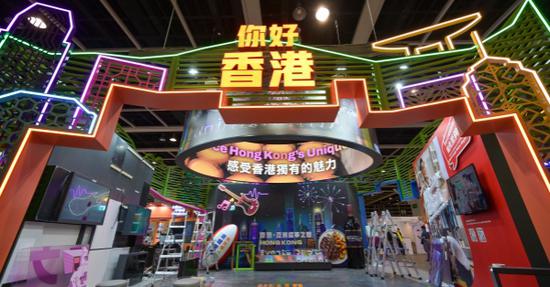
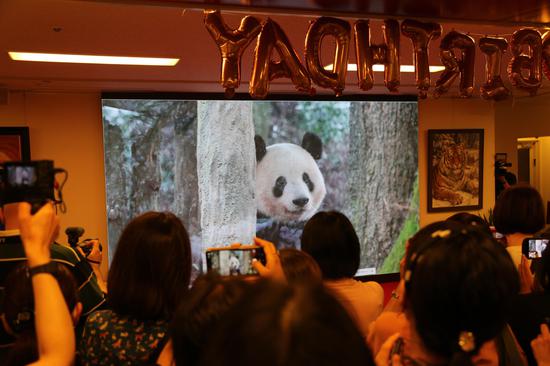
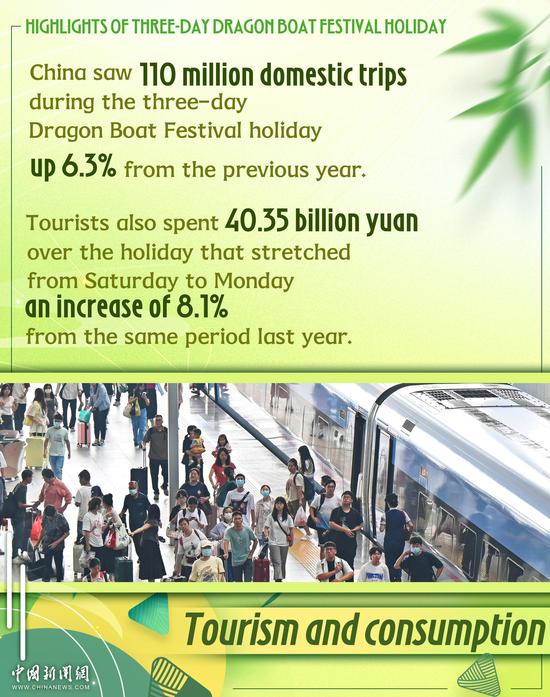


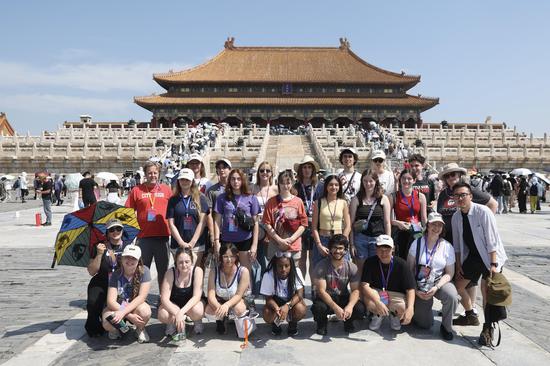







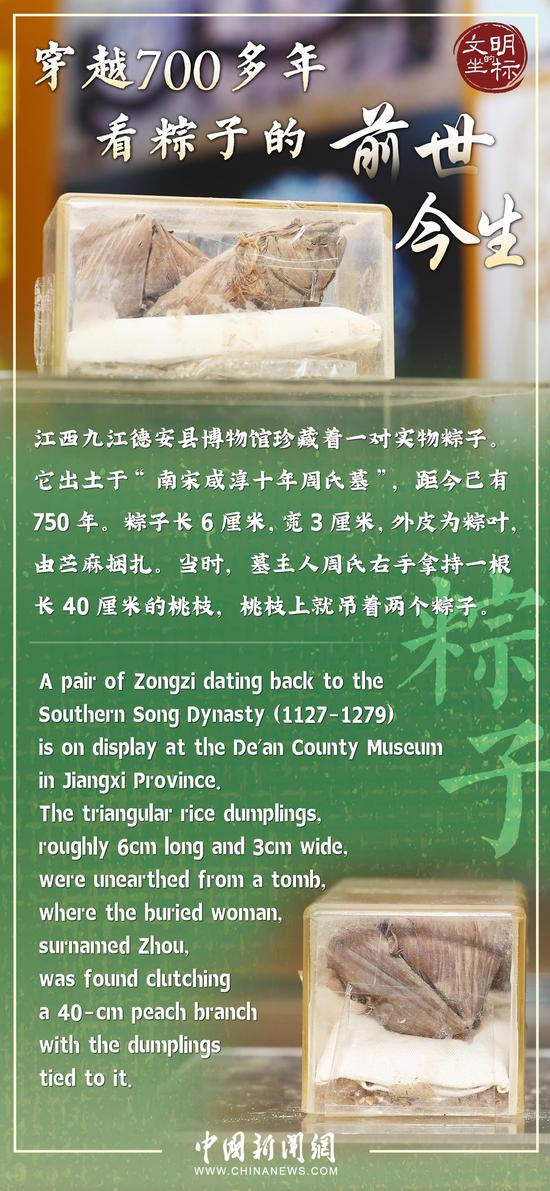

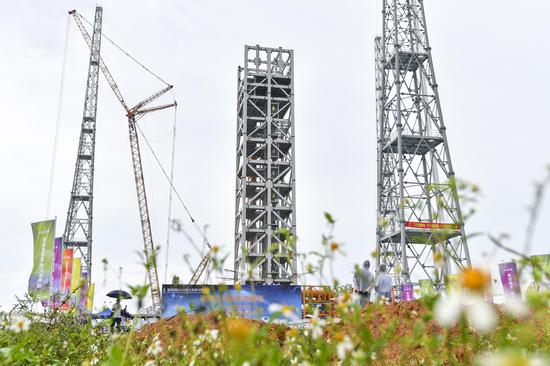
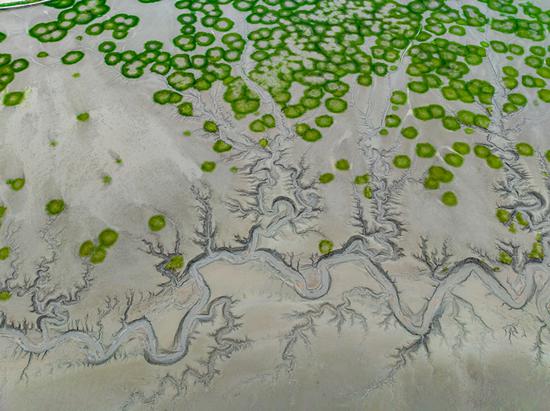

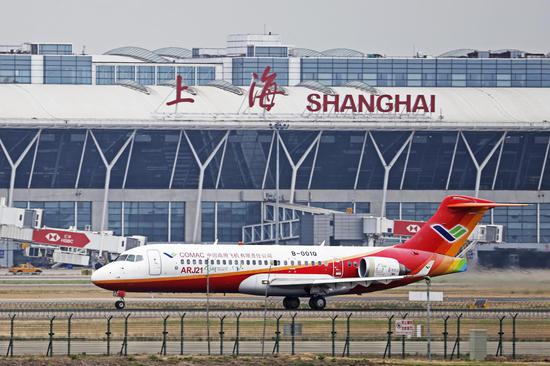



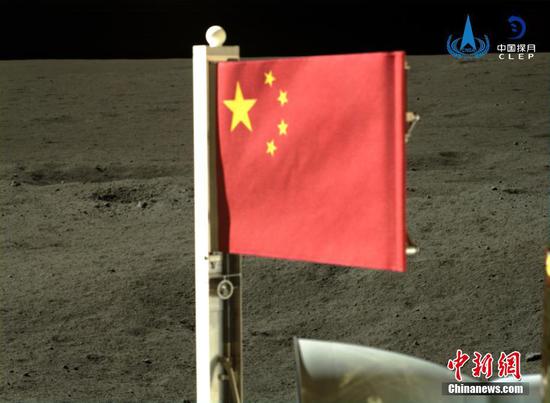
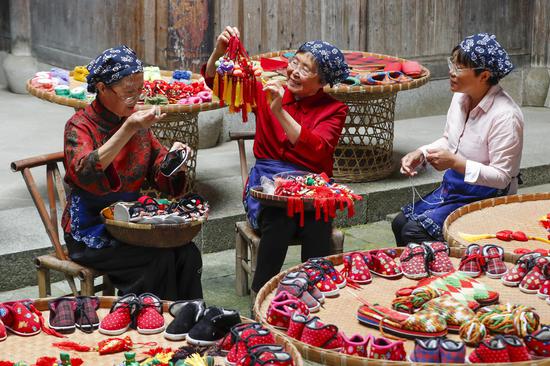
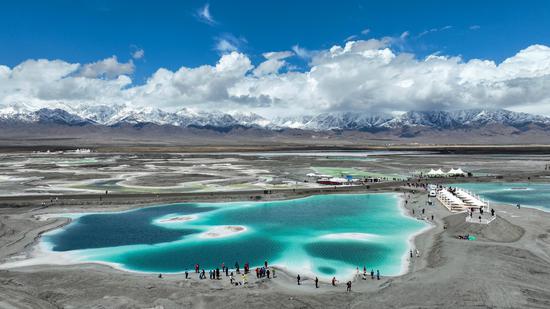
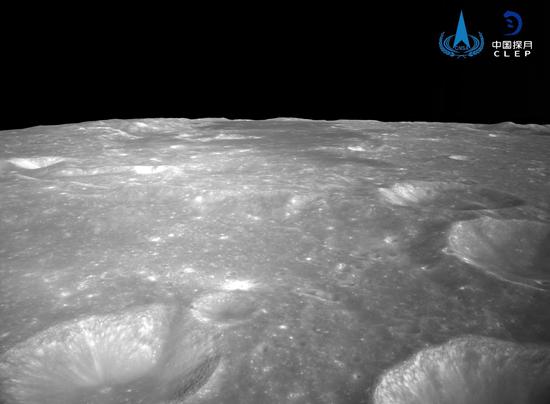
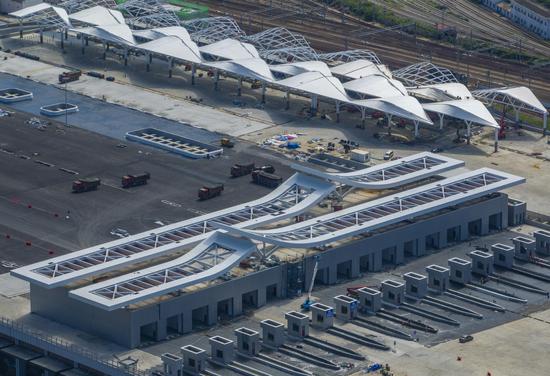
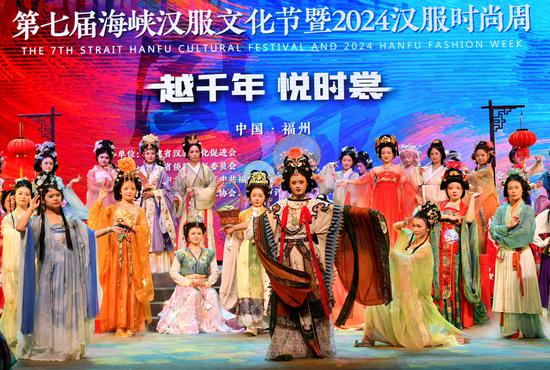

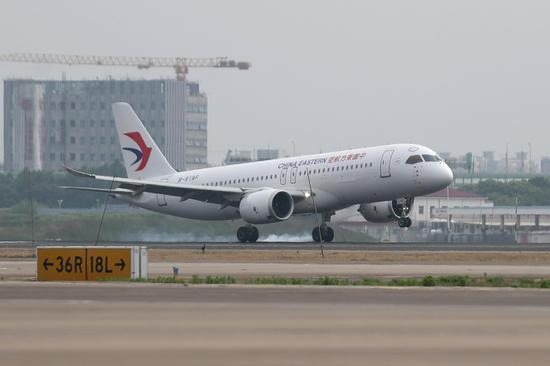

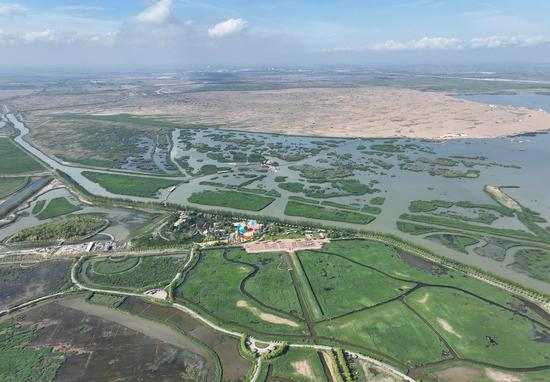
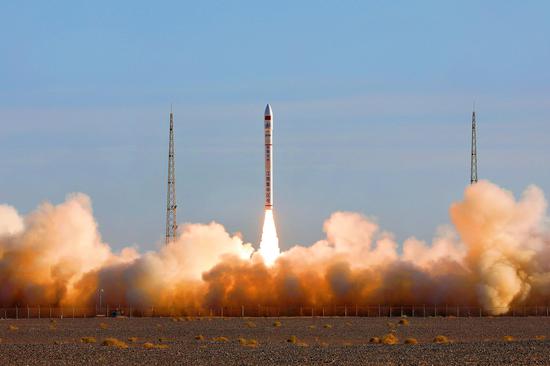
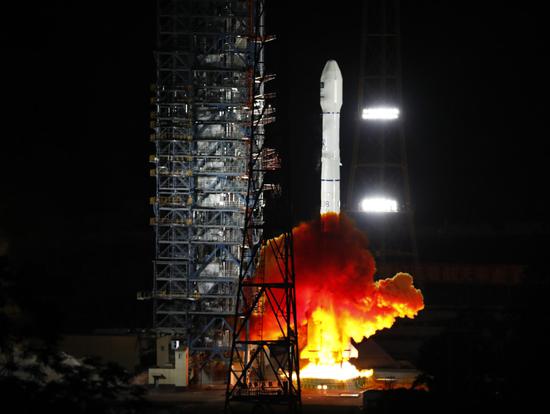
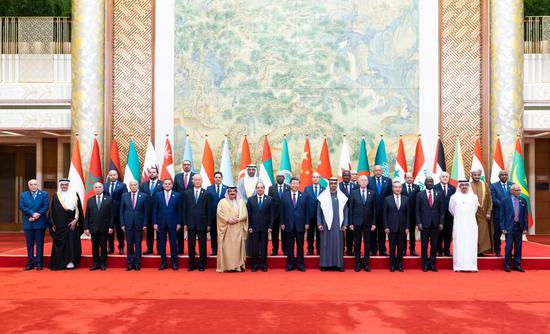





 京公网安备 11010202009201号
京公网安备 11010202009201号